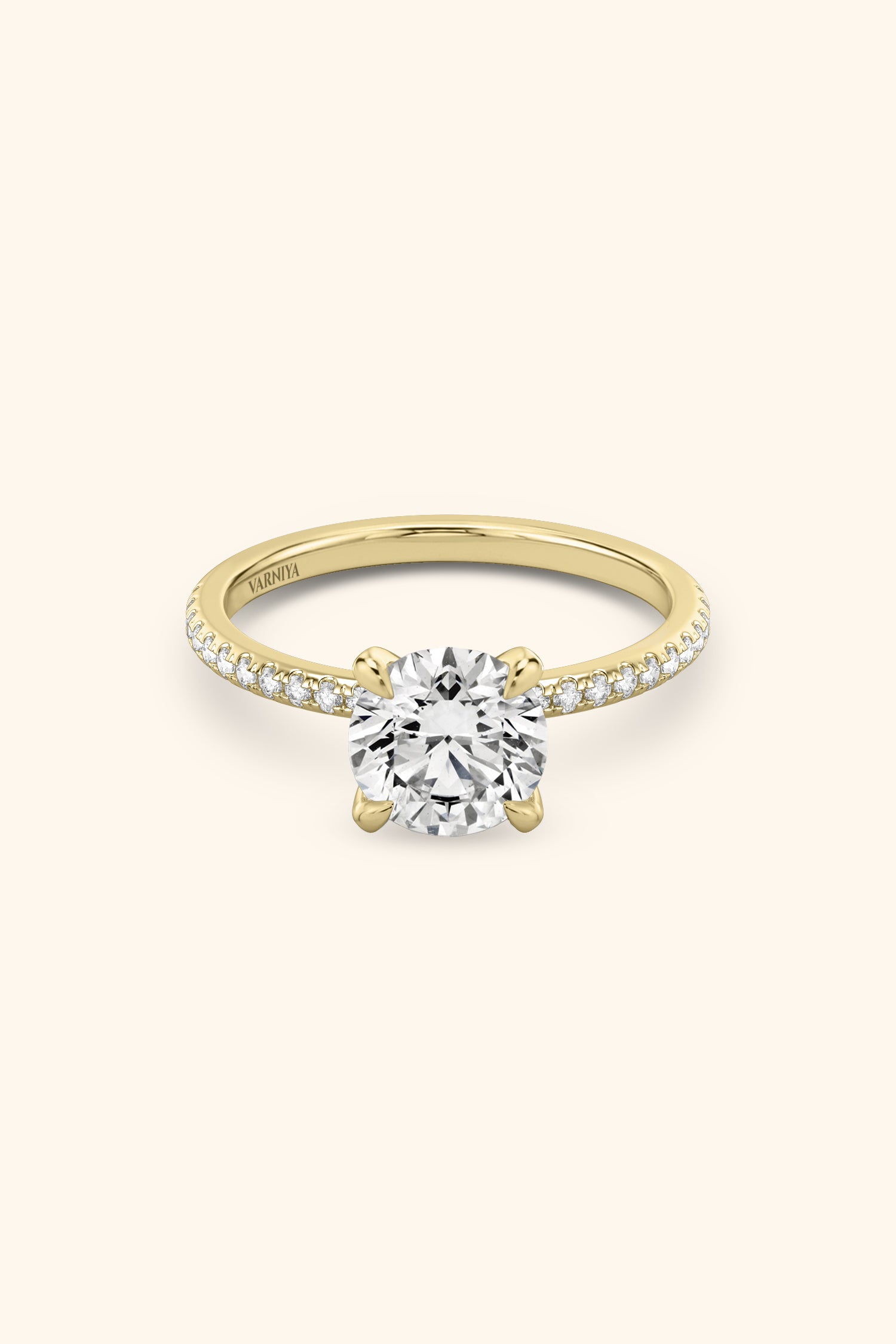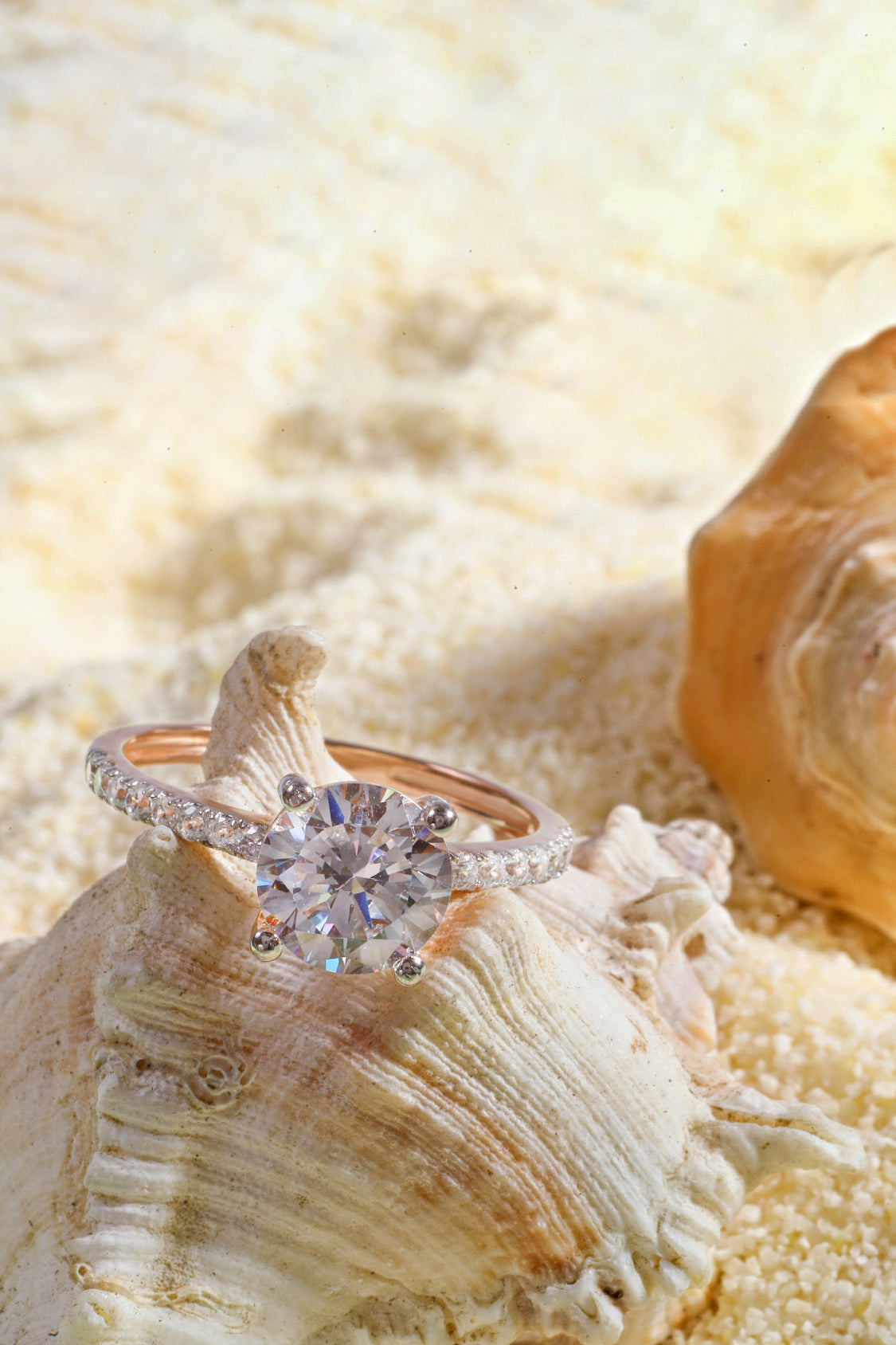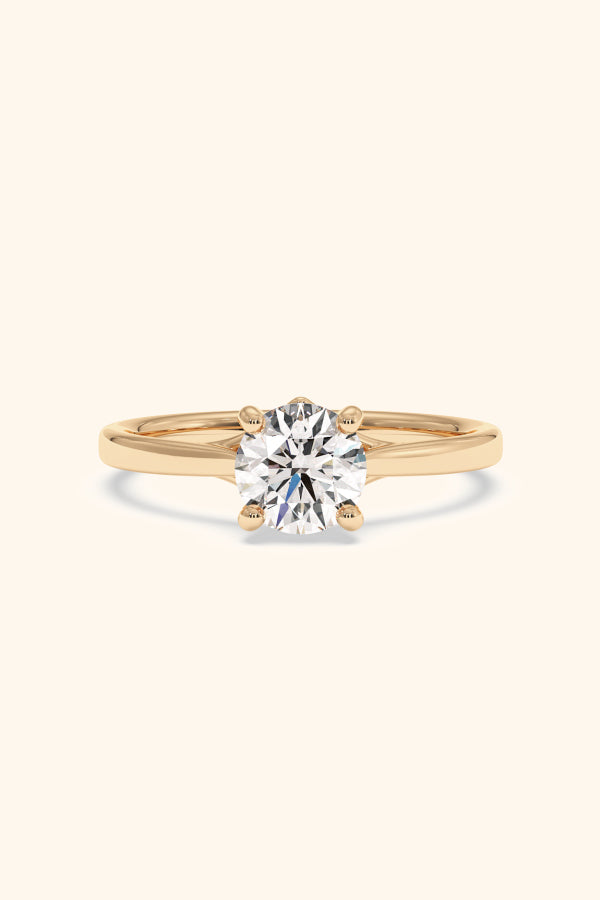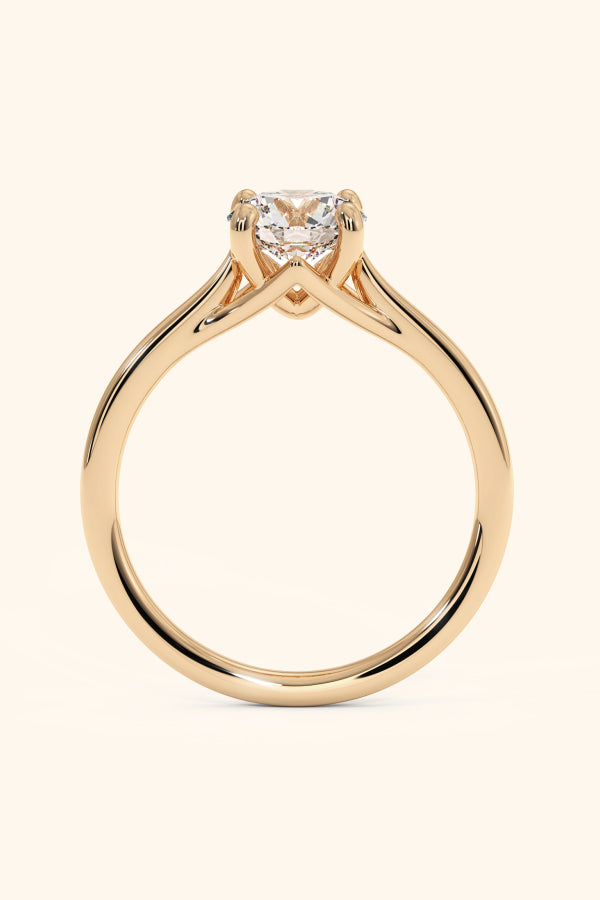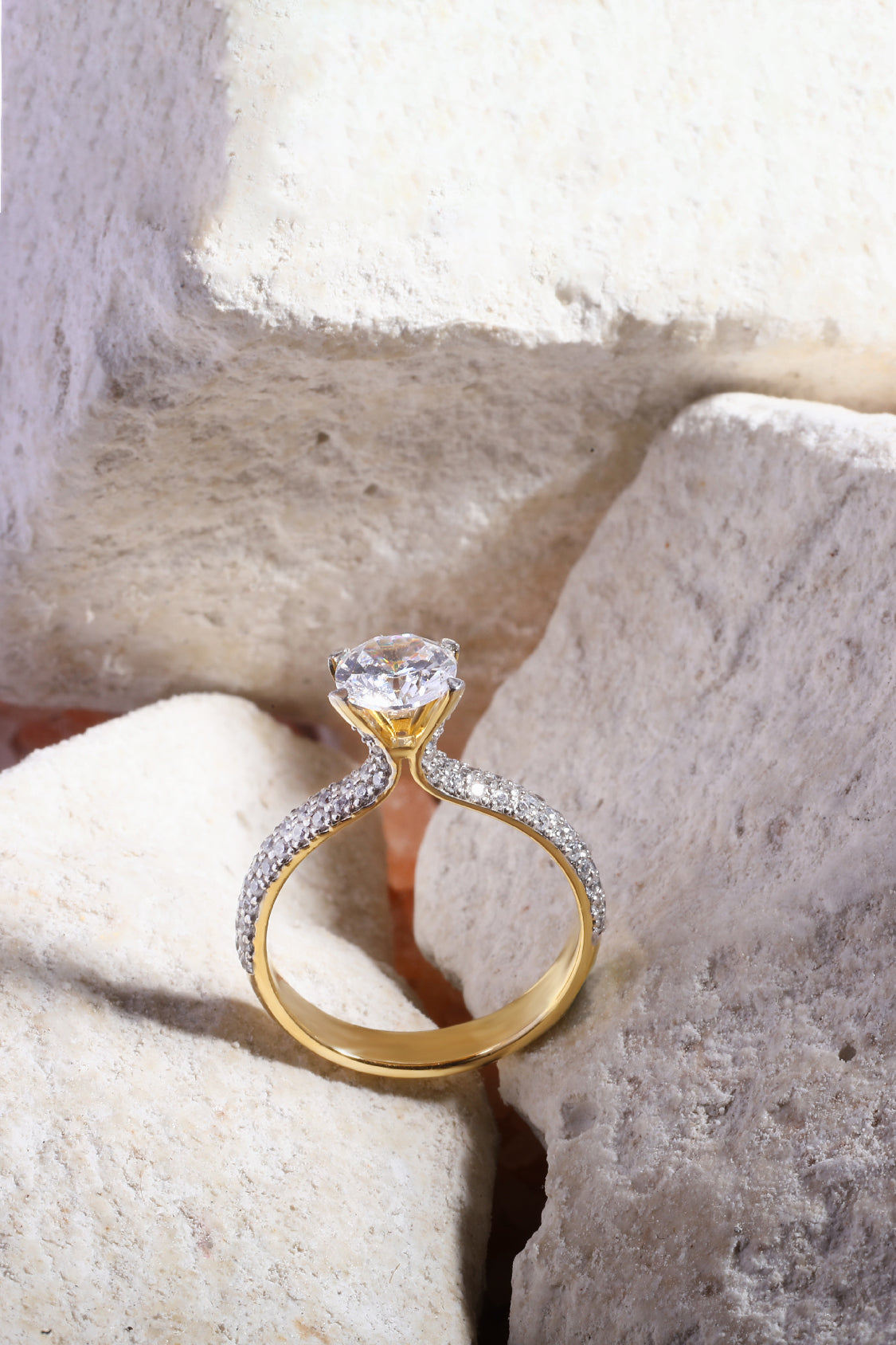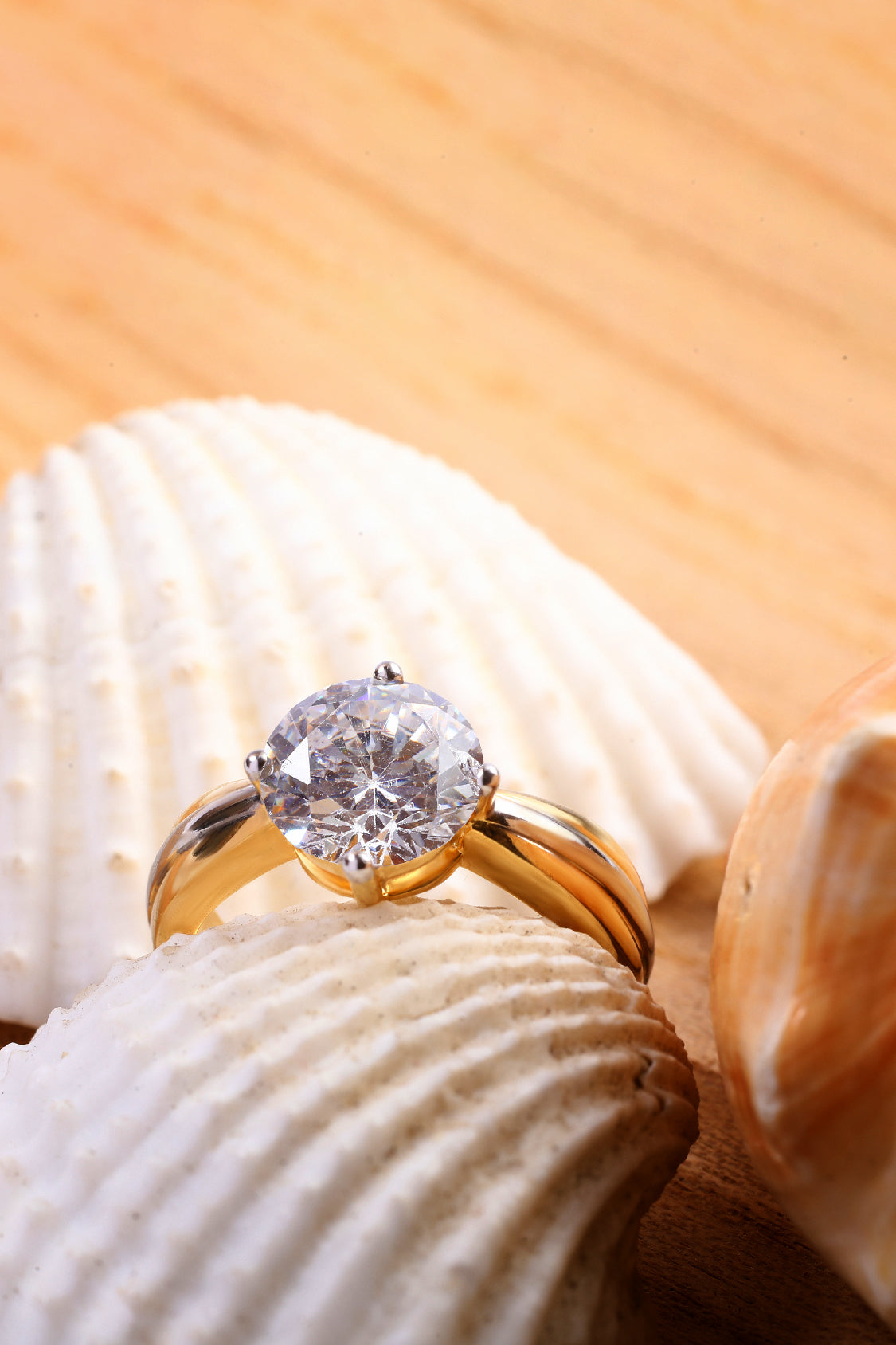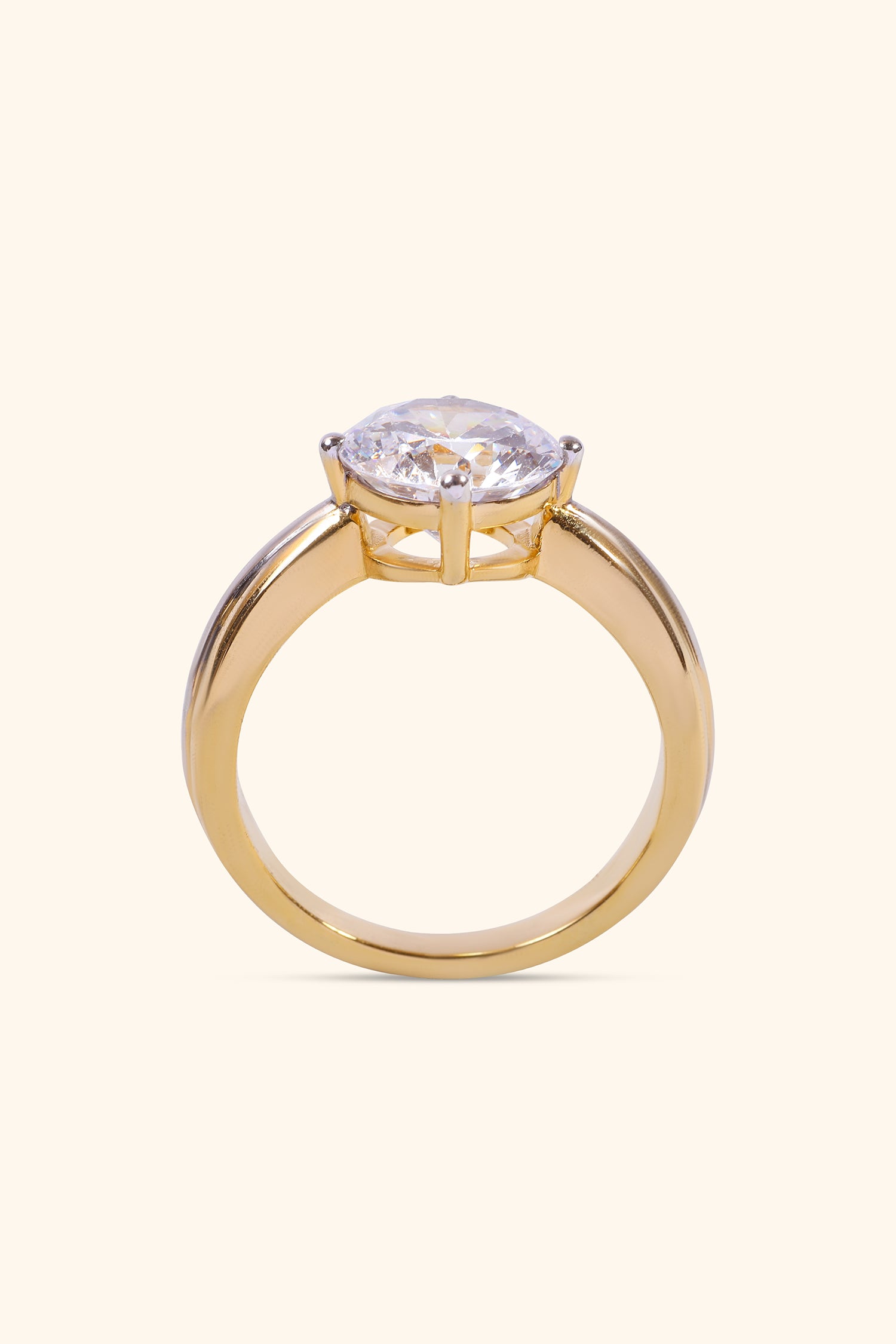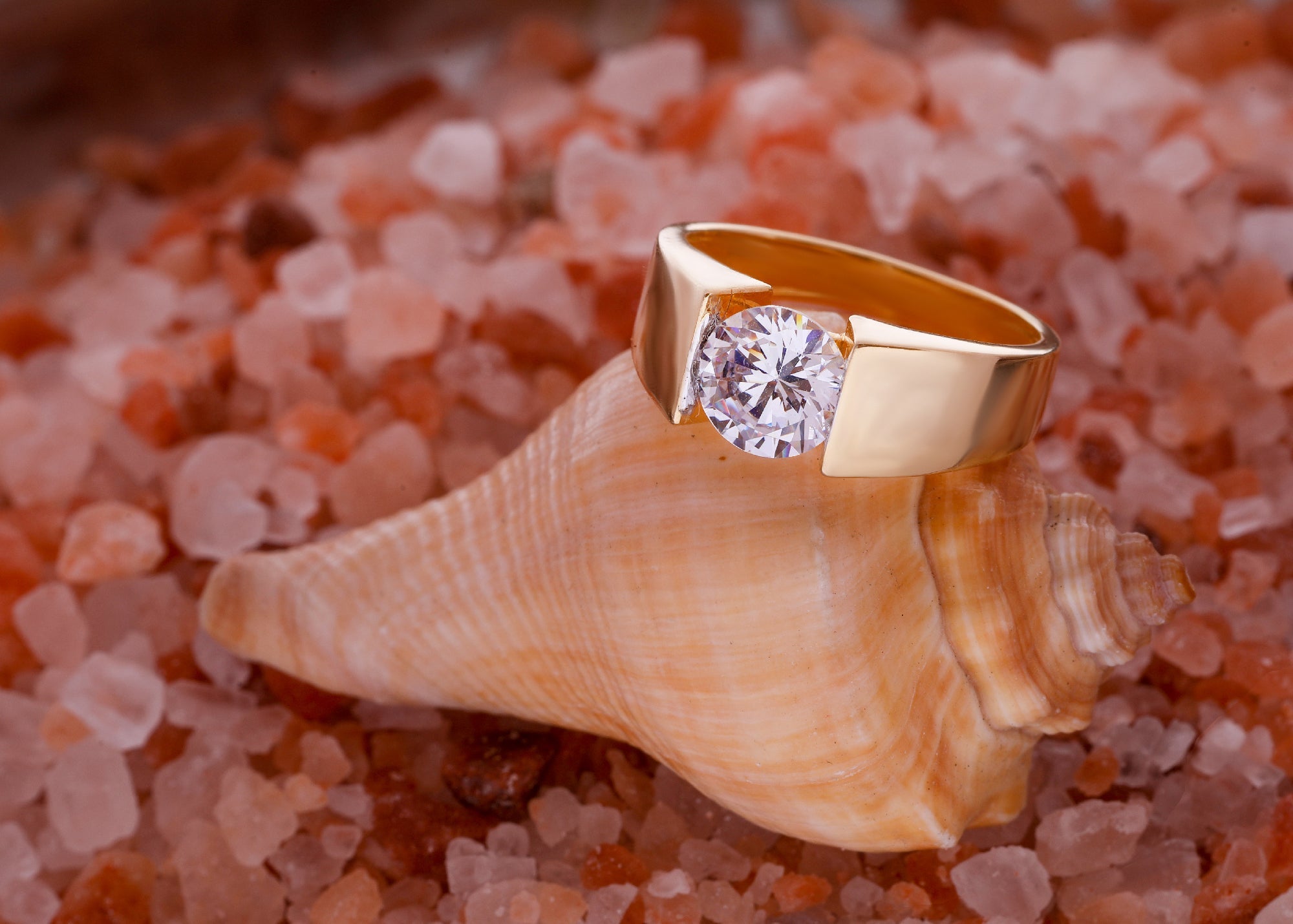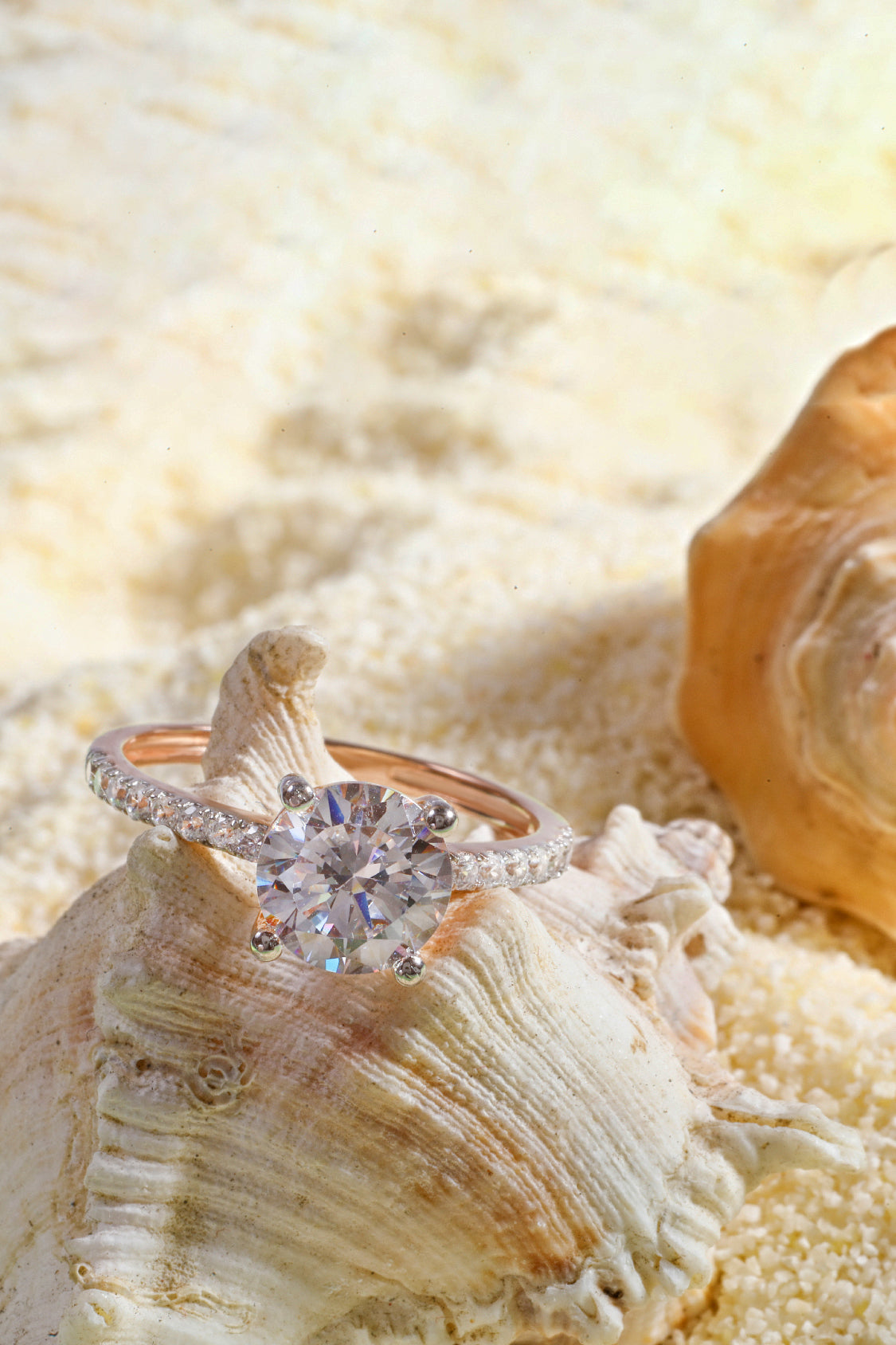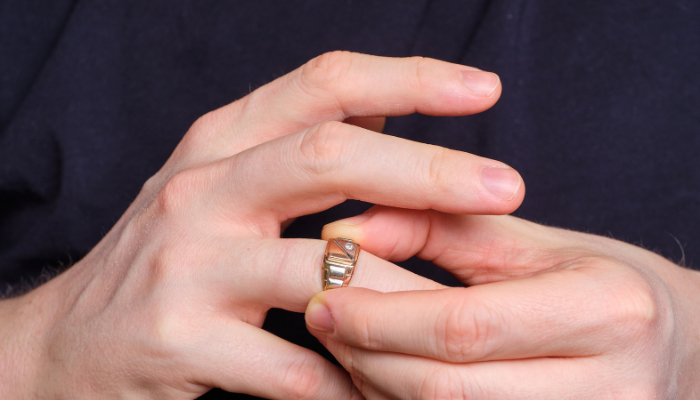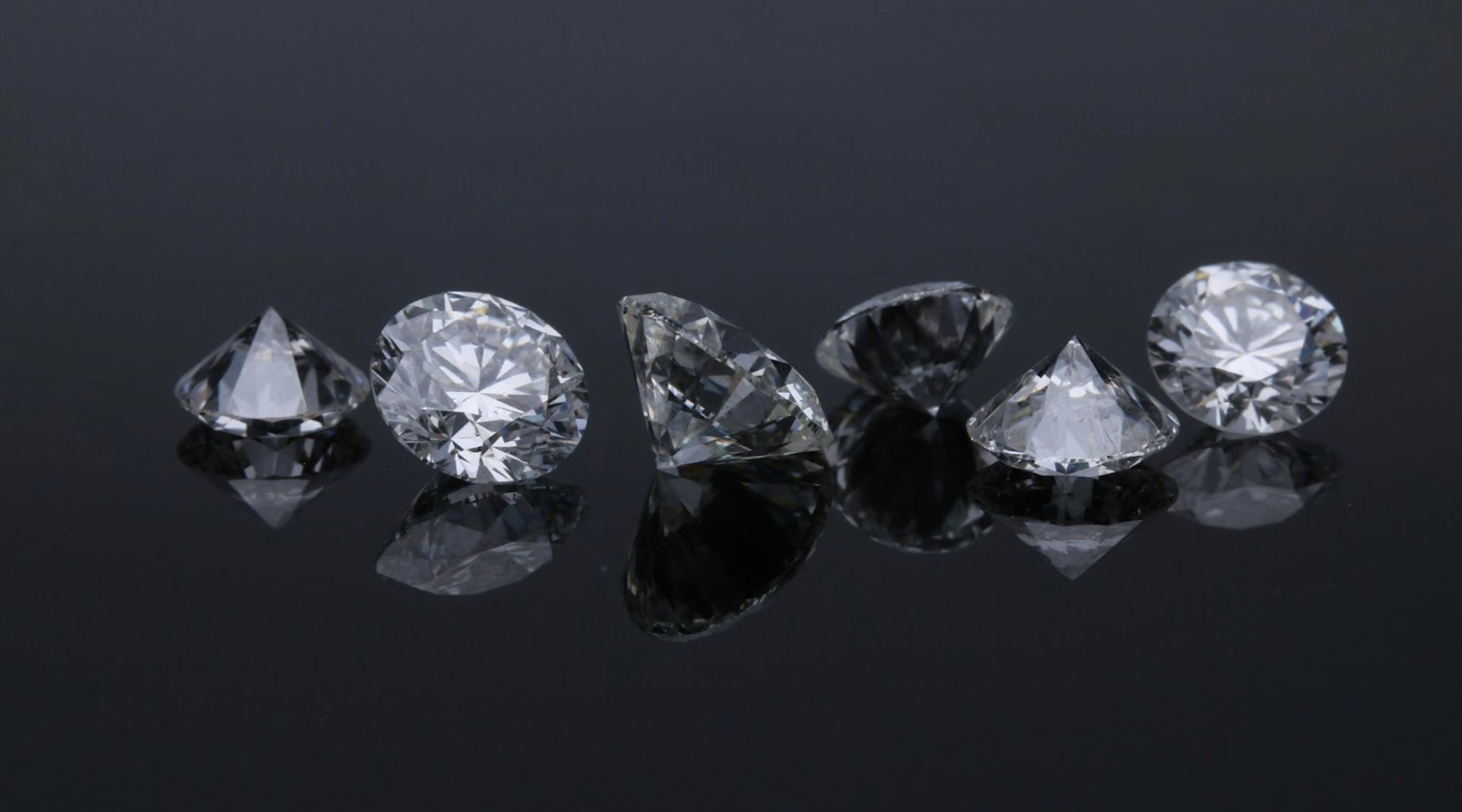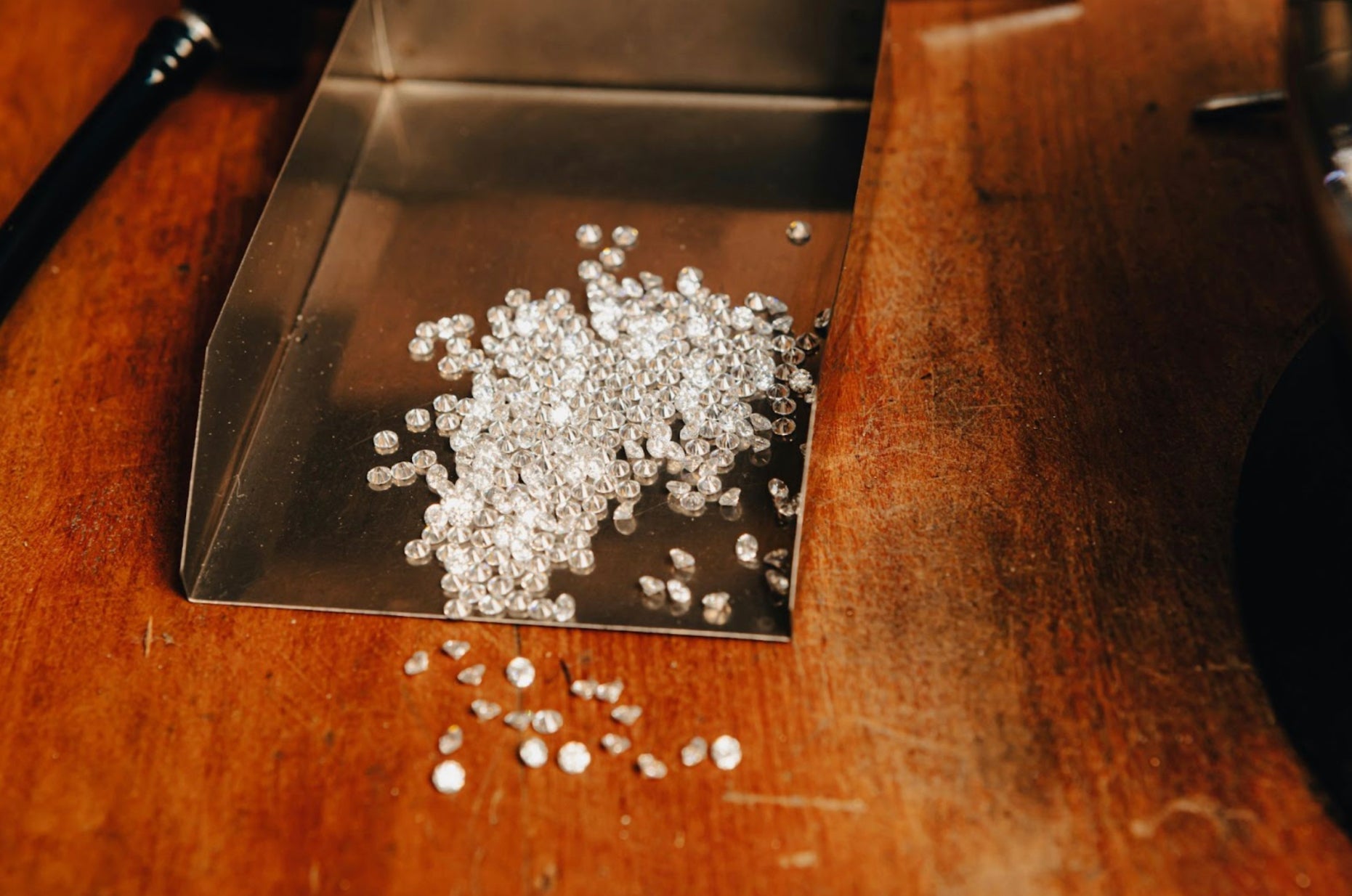
Resale Value of Lab-Grown Diamonds: Key Market Insights
Discover the truth about the resale value of lab-grown diamonds and how they compare to natural stones. Get key market insights to make an informed buying or selling decision.
Thinking about selling your lab-grown diamond? Here’s the reality—while these diamonds offer the same sparkle as natural diamonds, their resale value isn’t always what buyers expect.
In fact, research from the Gemological Institute of America (GIA) shows that lab-grown diamonds lose up to 50-70% of their original price on the resale market. That’s a big drop compared to mined diamonds, which generally hold value better.
So, should you buy lab-grown diamonds if resale matters to you? What affects their worth? Let's find out together.
Do Lab-Grown Diamonds Hold Their Value?
Many people wonder if lab-grown diamonds keep their resale value. The short answer? Not as well as natural diamonds.
When you buy lab-grown diamonds, they often cost 30-50% less than mined diamonds. That sounds like a great deal, right? But here’s the catch—when you try to sell lab-grown diamonds, they usually lose value fast. Unlike a natural diamond ring, which holds some of its original price, lab-created diamonds often resell for much less.
✨ Looking for a stunning diamond that fits your budget? Discover Varniya’s lab-grown diamonds – the future of fine jewelry at a fraction of the cost!
Diamonds Have Resale Value
Not all diamonds have resale value in the same way. Mined diamonds are rare because they come from deep inside the earth's crust under extreme pressure conditions. This makes them more valuable in the resale market.
On the other hand, lab-grown diamonds are created in a lab using chemical vapor deposition. Since companies can make an unlimited supply, their market price keeps dropping. That’s why grown diamonds don’t hold their value as well.
Why Some See Lab-Created Diamonds as an Affordable Alternative
Buying a diamond can be expensive. But many people are now choosing lab-grown diamonds instead of natural diamonds. Why? Because they cost 30-50% less and look exactly the same.
Lower Cost, Same Sparkle
A lab-created diamond is made in a lab using chemical vapor deposition or high pressure conditions. This process recreates how diamonds form in the earth’s crust but in a shorter time. The result? A diamond with the same sparkle and quality as mined diamonds but for a much lower price.
More Affordable for Jewelry Buyers
If you’re shopping for an engagement ring, a lab-grown diamond lets you get a larger diamond for the same budget. Many people see this as a smart investment because they can buy a high-quality stone without spending too much money.
While they are affordable, lab diamonds do not hold their resale value as well as natural diamonds. The resale market is still growing, and not all jewelry stores will buy lab-grown diamonds back. If you plan to sell lab-grown diamonds, make sure you check the retail options first.
💍 Want a dazzling diamond without breaking the bank? Browse Varniya's latest lab-grown diamond styles and find a ring that’s both beautiful and ethical!
Understanding the Resale Market for Lab Created Diamonds
Unlike mined diamonds, which come from deep inside the earth’s crust under extreme pressure conditions, lab-created diamonds are made in labs using chemical vapor deposition. This means they can be produced in large numbers, which lowers their market price over time. More supply = lower resale market demand.
Stores that sell lab-grown diamonds rarely offer buyback programs. This makes it hard to find buyers willing to pay a high price for a used lab diamond.
Why Resale Value Matters when Buying Lab Diamonds
If you plan to buy lab-grown diamonds, resale value should be a key factor. Here’s why:
-
Lab diamonds lose value faster. A natural diamond ring may keep up to 50% of its original price, while a lab diamond often drops to a fraction of its cost.
-
Fewer buyers in the second-hand market. Many people prefer to buy certified diamonds new rather than used.
-
Resale options are limited. Unlike natural diamonds, which can be resold at jewelry stores, pawn shops, or online marketplaces, lab-created diamonds have fewer resale channels.
While diamonds dominate the market, other valuable gemstones like sapphires and rubies also hold investment potential.
🔍 Thinking of buying a lab-grown diamond? Get the best quality and resale potential with Varniya’s certified diamonds – designed to last a lifetime!
How Market Price Trends Affect Lab-Created Diamond Worth
1. Increasing Supply Lowers Prices
More people are buying lab-grown diamonds, and manufacturers are producing them faster. Since they are made in a lab using chemical vapor deposition, the supply keeps growing. When there are too many diamonds in the market, their resale value drops. Most lab-grown diamonds resell for significantly less than their original purchase price, making them a less favorable investment.
2. Changing Consumer Preferences Impact Value
Trends in the jewelry industry shift over time. Some buyers prefer natural diamonds because they come from the earth’s crust under extreme pressure conditions. Others like lab-created diamonds because they are more affordable and ethical. If fewer people want lab diamonds, their resale market weakens.
3. Natural Diamond Prices Influence Lab-Grown Worth
The price of natural diamonds affects how much people will pay for lab-grown diamonds. If the price of mined diamonds drops, lab diamonds also become less valuable.
4. Market Competition Reduces Long-Term Value
Many companies sell lab-grown diamonds today. This increases competition, which lowers resale value. If one brand offers cheaper lab diamonds, other companies must adjust their prices too.
5. Retailer Buyback Policies Shape Resale Value
Most retail stores offer buyback programs for natural diamond rings. However, many stores do not accept lab-grown diamonds for resale. This makes selling them harder.
6. Brand Reputation Affects Price Stability
Some brands have a strong reputation, which helps their lab-grown diamonds hold value. Certified lab diamonds from well-known brands sell for more than unbranded ones.
Will Lab Diamonds Hold Value Better in the Future?
The resale value of lab-grown diamonds is a big question for many buyers. Right now, they don’t hold value like natural diamonds. But will that change? Some experts believe lab diamonds could keep more value in the future. As consumer demand grows and more jewelers buy lab-grown diamonds, the resale market might improve.
Diamond Tester: How to Verify a Lab Grown Diamond’s Authenticity
Not sure if your diamond is lab-grown or natural? A diamond tester can help! These devices check if a diamond is real by testing how it reacts to heat and electricity.
1. Can a Diamond Tester Identify Lab-Grown Diamonds?
Yes, but not always! Standard diamond testers detect if a stone is a real diamond, but they can’t always tell if it’s lab-grown or mined from the earth’s crust. A diamond test can help verify whether a stone is lab-grown or mined, you’ll need an advanced tester that checks for chemical vapor deposition signs.
2. The Best Ways to Check Authenticity
-
Use a Certified Tester: Some testers can tell the difference between natural diamonds and lab-grown diamonds by analyzing their structure.
-
Look for Certification: Trusted labs like the Gemological Institute provide reports confirming if a diamond is lab-created.
-
UV Light Test: Some lab-grown diamonds glow under UV light due to their growth process.
3. Does a Lab-Grown Diamond Pass the Test?
Yes! Lab-grown diamonds pass most standard diamond testers because they have the same properties as natural diamonds. But to check if it’s lab-grown, you’ll need a special tester or a certification.
🔬 Not sure if your diamond is lab-grown or natural? Get peace of mind with Varniya’s certified lab-grown diamonds – verified for authenticity and brilliance!
How to Maximize the Resale Value of Lab-Grown Diamonds
1. Choose High-Quality Lab-Grown Diamonds
-
Opt for diamonds with excellent cut, clarity, color, and carat weight (the 4Cs).
-
Higher-quality diamonds retain better resale value over time.
-
Certified diamonds from reputable labs (GIA, IGI) sell more easily.
2. Buy from Recognized Brands
-
Branded lab-grown diamonds often fetch better resale prices.
-
Major retailers or luxury brands offer better credibility in the secondary market.
-
Avoid no-name or generic diamonds with unclear origins.
3. Keep All Documentation & Certification
-
Retain purchase receipts, certificates, and grading reports.
-
Proper documentation proves authenticity and helps justify the price.
-
Buyers prefer certified diamonds over uncertified ones.
4. Sell Through Reputable Resale Channels
-
Online diamond marketplaces, auction houses, and jewelry buyback programs offer better resale options.
-
Selling directly to jewelers may result in lower offers.
-
Private buyers often pay more but require proof of authenticity.
5. Time Your Sale Based on Market Trends
-
Monitor diamond market trends to sell when demand is high.
-
Avoid selling when lab-grown diamond prices are at their lowest due to oversupply.
-
Holiday seasons and engagement periods may increase buyer interest.
6. Opt for Custom or Unique Settings
-
Well-crafted, unique ring settings enhance resale appeal.
-
Simple or classic designs have broader buyer demand.
-
Avoid highly personalized engravings that may limit resale potential.
7. Consider Trade-In or Upgrade Programs
-
Some retailers offer trade-in deals for newer diamonds.
-
Upgrading to a better lab-grown diamond may give better value than outright resale.
-
Check if the original seller offers a buyback or exchange program.
In conclusion, lab grown diamonds offer affordability and ethical benefits, but their resale value remains unpredictable.


